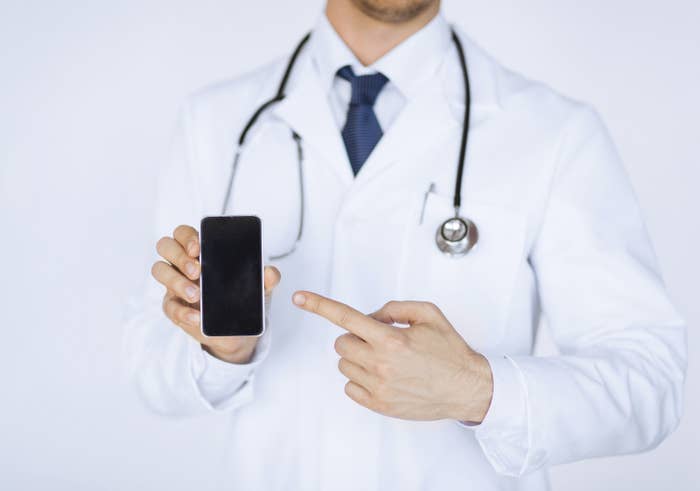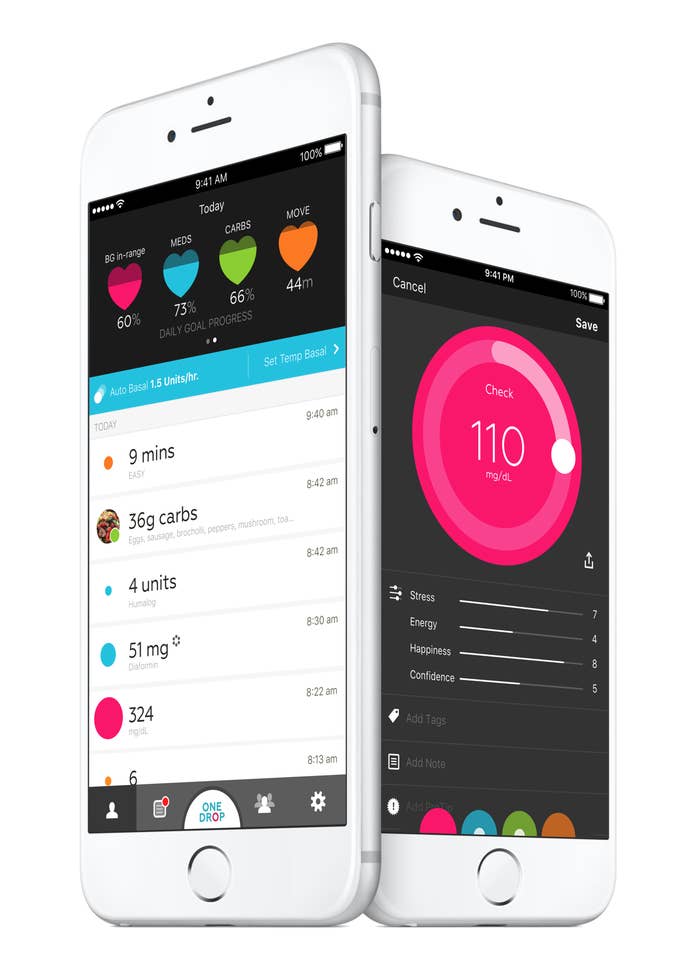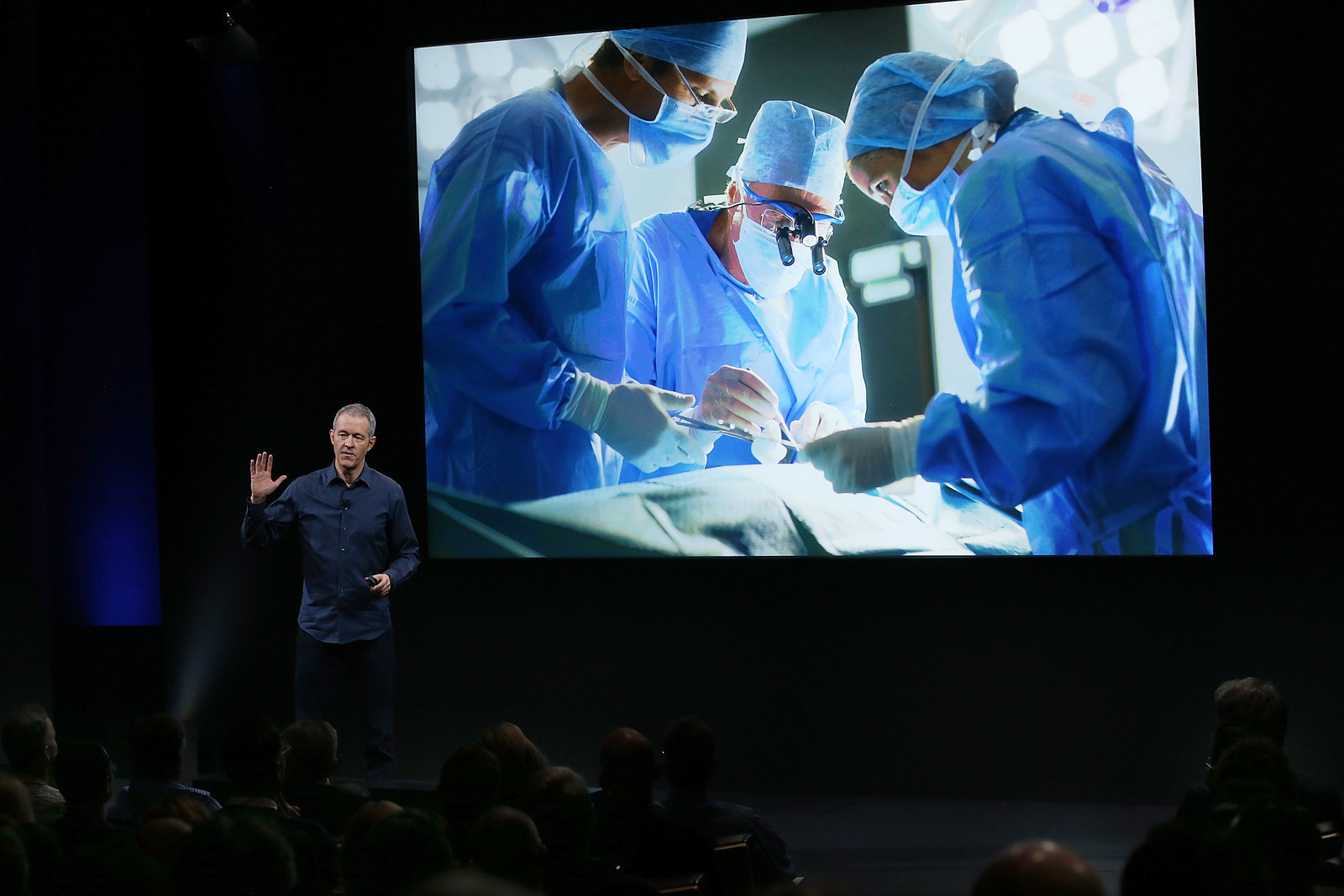
Over the last two years, Apple has sought to turn the iPhone and the Apple Watch into health-tracking devices through which people track and record some of their most important — and intimate — data. Early Thursday, Apple officially launched CareKit, a new app-building tool meant to help people connect more easily and more frequently with health care providers.
Announced at Apple’s iPhone event last month, CareKit is an open-source framework, a sort of scaffolding for app functions that let patients track and measure their symptoms, check off to-do lists assigned by their doctors, and send their health data to clinicians. Developers can use the tool to create apps from scratch or add new features to existing apps.
A few companies were given a CareKit head start with Apple’s blessing and are incorporating elements of the tool into app updates released today. The programs intend to help people manage diabetes (One Drop), track the effects of antidepressant medications (Start), and monitor pregnancies and newborn health and development (Glow Nurture and Baby). The University of Rochester also has one dedicated to Parkinson's disease, and others are in the works from institutions like Texas Medical Center, Cleveland Clinic, and Beth Israel Deaconess Medical Center.
Glow, a startup that makes women’s health apps, used CareKit to enable Nurture and Baby users to easily email PDF updates about their prenatal health and babies’ growth to gynecologists and pediatricians. “CareKit can help accelerate the ability to harness information and put it in the hands of consumers and ultimately relay that back to their health care providers,” Jennifer Tye, Glow’s vice president of marketing and partnerships, told BuzzFeed News.

And Start lets people record their physical and mental reactions to antidepressants and determine whether they are working over time. With the new CareKit functions, they can also do things like check off that they’ve taken their daily dose, email progress reports to doctors, and receive report submission reminders. Start was launched last year by Iodine, a startup that’s been called the “Yelp of medicine” for its searchable library of crowd-reported drug side effects.
Although CareKit’s PDF reports don’t seamlessly sync with hospitals’ electronic health records, they do handle the important task of presenting crucial information in an easy-to-read-way, said Iodine CEO Thomas Goetz. “It solves this problem we’ve been wrestling with … as we’ve been working with clinical partners: ‘How do we get our data into your system?’” he told BuzzFeed News. “CareKit makes that process very intuitive for the user.”
Apple isn’t the only tech company with an expanding presence in the increasingly digital world of health and wellness. This month, developers funded by the Robert Wood Johnson Foundation released ResearchStack, an Android app framework that allows people to remotely participate in clinical studies. It is the Android equivalent of ResearchKit, the iOS app framework released in March 2015.
Google said last fall that there are 1.4 billion active Android devices worldwide. But Apple also has more than 1 billion active devices to brag about, and unlike Google, it controls the manufacturing of all its products.
So any extra reason for people to open their iPhones is a win in Apple’s war for customer loyalty — and CareKit is yet another reason for patients to keep coming back to iOS. During an earnings call Tuesday, CEO Tim Cook mentioned that the company is “very excited about the ways iPhone and Apple Watch are helping people lead healthier lives.” “We believe there's great promise here for the future,” he added, “and we are very interested in where this can take us.”

